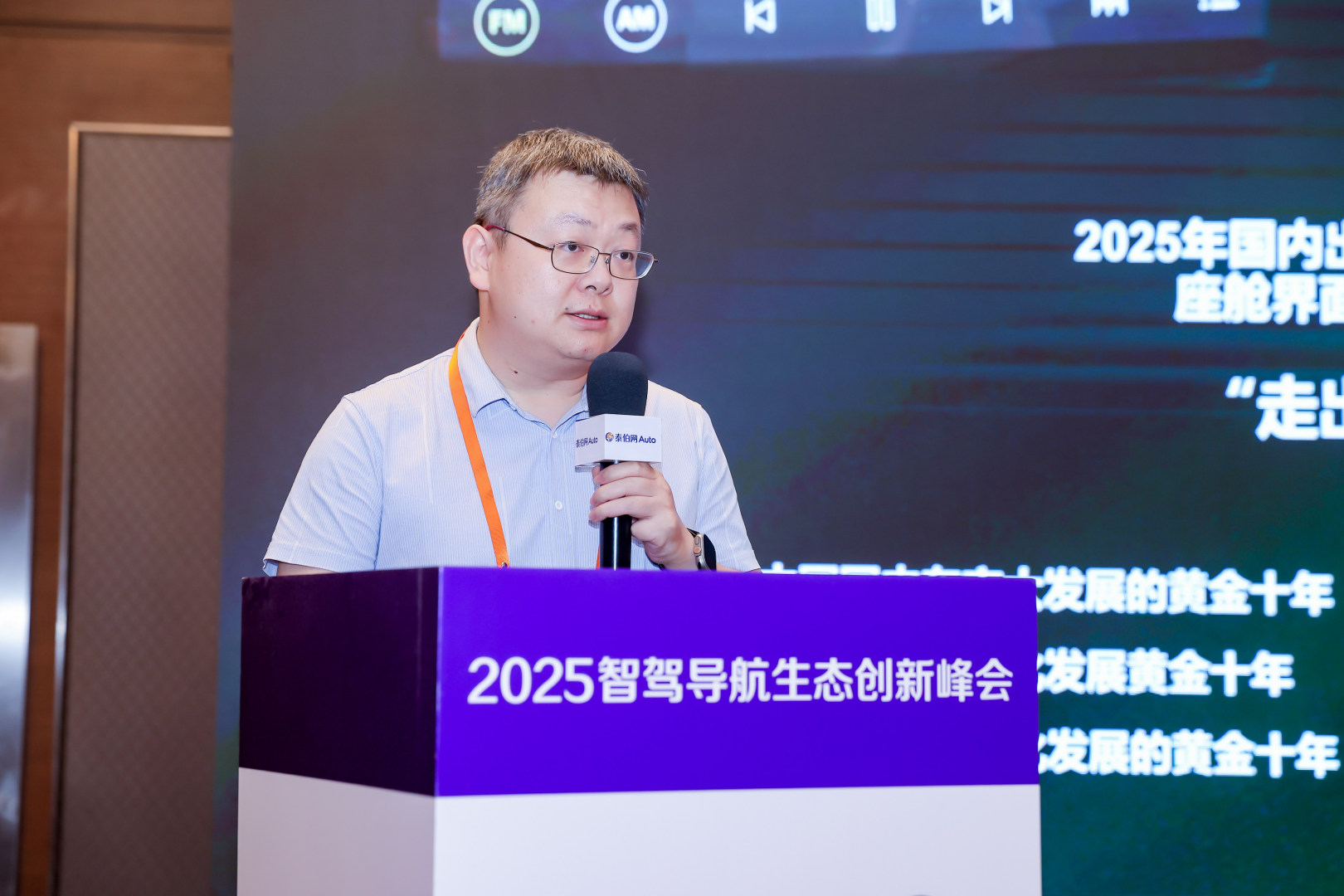On the afternoon of August 28th, Zhou Xiangyu, the chief architect of SAIC Overseas Travel Technology System and Application, gave a keynote speech on "Deep Intelligence Helps Car Companies Go Global" at the 4th AutoCC and Intelligent Driving Navigation Ecological Innovation Summit. He pointed out that the emergence of China's intelligent connected vehicles poses three major challenges: cultural differences, geopolitics, and market fragmentation, while also facing three major opportunities: high cost-effectiveness, international reputation, and intelligence.

In his view, the core idea of China's intelligent connected vehicles going global is to create a complete intelligent vehicle ecosystem in order to seek growth breakthroughs in the second curve. It further shares that in order to build an intelligent vehicle lifecycle ecosystem, there are the following challenges: firstly, the development/expansion of intelligent products/services; Next is the construction of intelligent channels; Finally, the intelligence of operational capabilities.
He stated that SAIC's overseas layout and operations include over 20 overseas sales companies; 4 overseas production bases; We have entered over 100 countries/regions worldwide; There are over 2000 overseas marketing outlets. Overseas cloud service infrastructure includes 6 overseas applications and data centers; 2 overseas data centers; There are 6 overseas application centers. At the same time, the focus was on SAIC's intelligent product - i-SMART. It is reported that the i-SMART intelligent cockpit platform has been deployed globally since 2017, and as of the first half of 2025, the global user activation of i-SMART has exceeded 1 million.











